
Invitation to tender: Small grants programme
An opportunity to work with us to develop and deliver a pilot small grants programme for community organisations tackling health inequality.
Comment and analysis on key issues on ethnic health inequalities in health and social care.

An opportunity to work with us to develop and deliver a pilot small grants programme for community organisations tackling health inequality.

A 16-month programme aimed at closing the ethnicity gap in bullying, harassment and abuse claims has been announced by the NHS Race and Health Observatory.

Responding to the government’s new measures outlined to tackle antisemitism and racism across government and the NHS, Professor Habib Naqvi, chief executive of the NHS Race and Health Observatory, said:

After much anticipation and consultation, the government has released its 10 Year Health Plan to “fundamentally rewire” our NHS. Read our initial reflections.

Responding to the publication of the government’s 10 Year Health Plan, Professor Habib Naqvi, chief executive of the NHS Race and Health Observatory said:
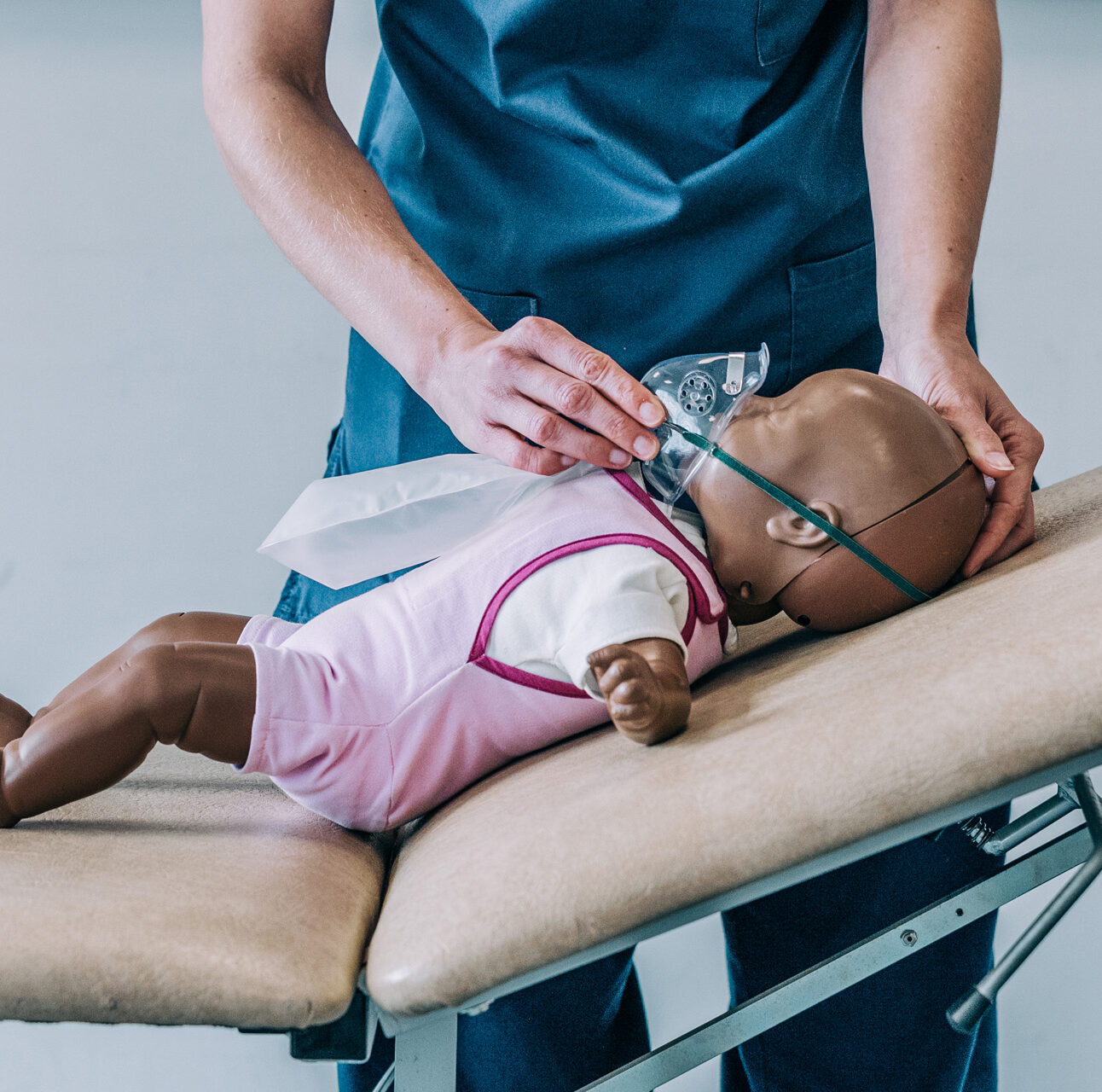
Teaching curricula widely studied by healthcare professionals working across the NHS are under review in an effort to improve patient care and reduce racialised health disparities.

Response to publication of the NHS Workforce Race Equality Standard (WRES) data analysis for 2024.
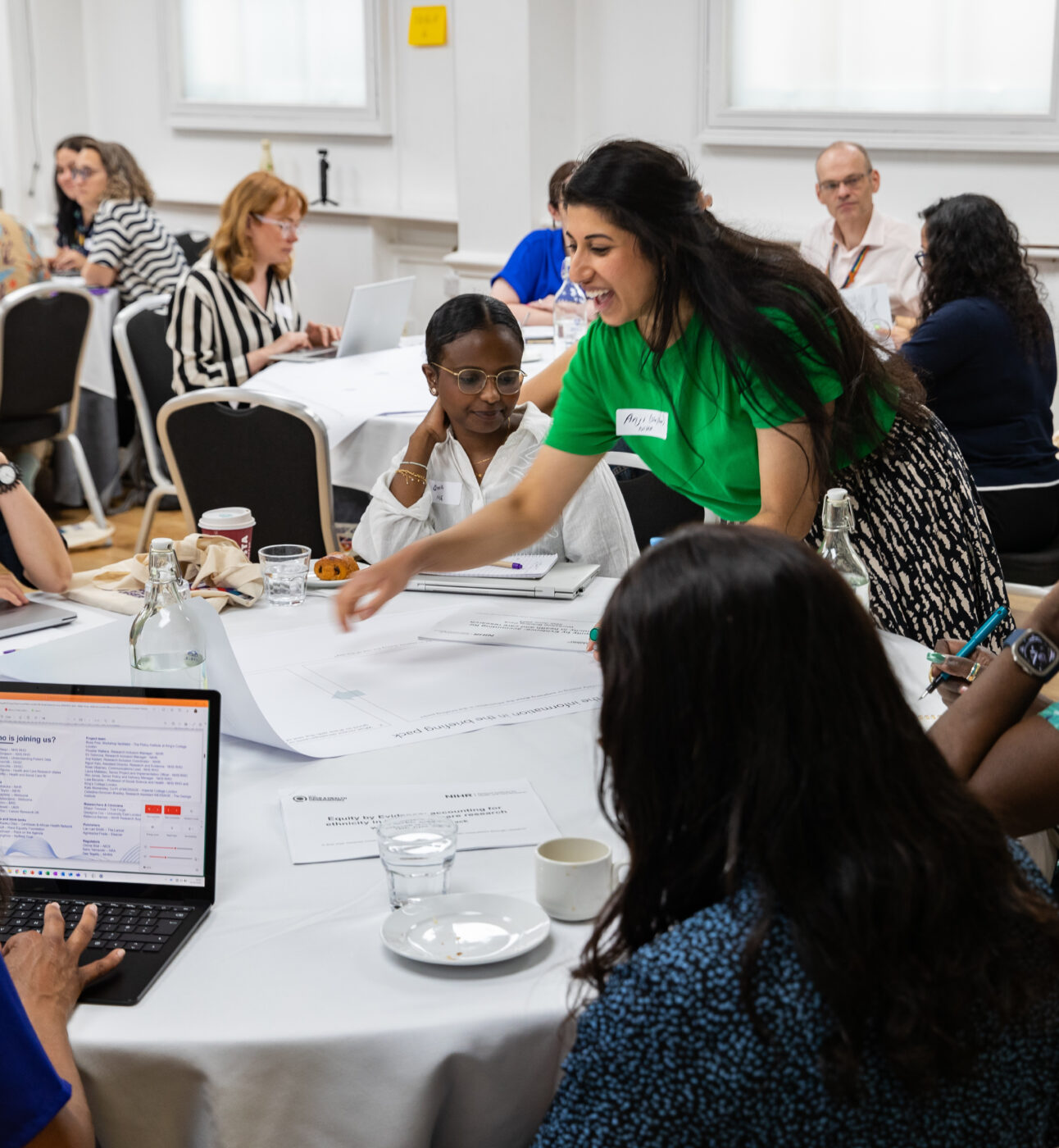
The under-representation of ethnic minority communities taking part in research, along with the lack of systematic data collection and reporting, will be investigated by national health and care research stakeholders.
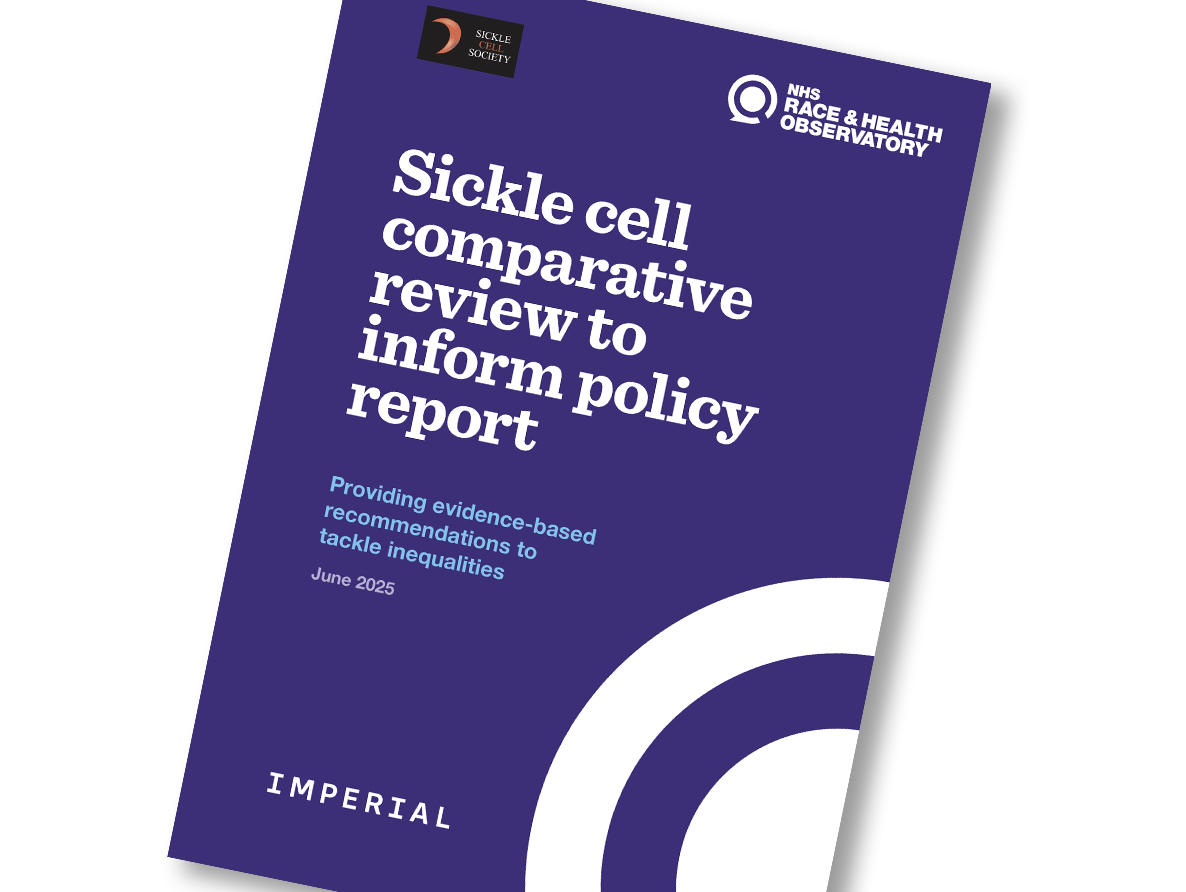
A new report which compares and contrasts disparities found across rare genetic diseases has been published on World Sickle Cell Day, today, 19 June.

NHS Staff survey data shows that bullying, harassment, and abuse towards and amongst NHS staff continues to be rampant.
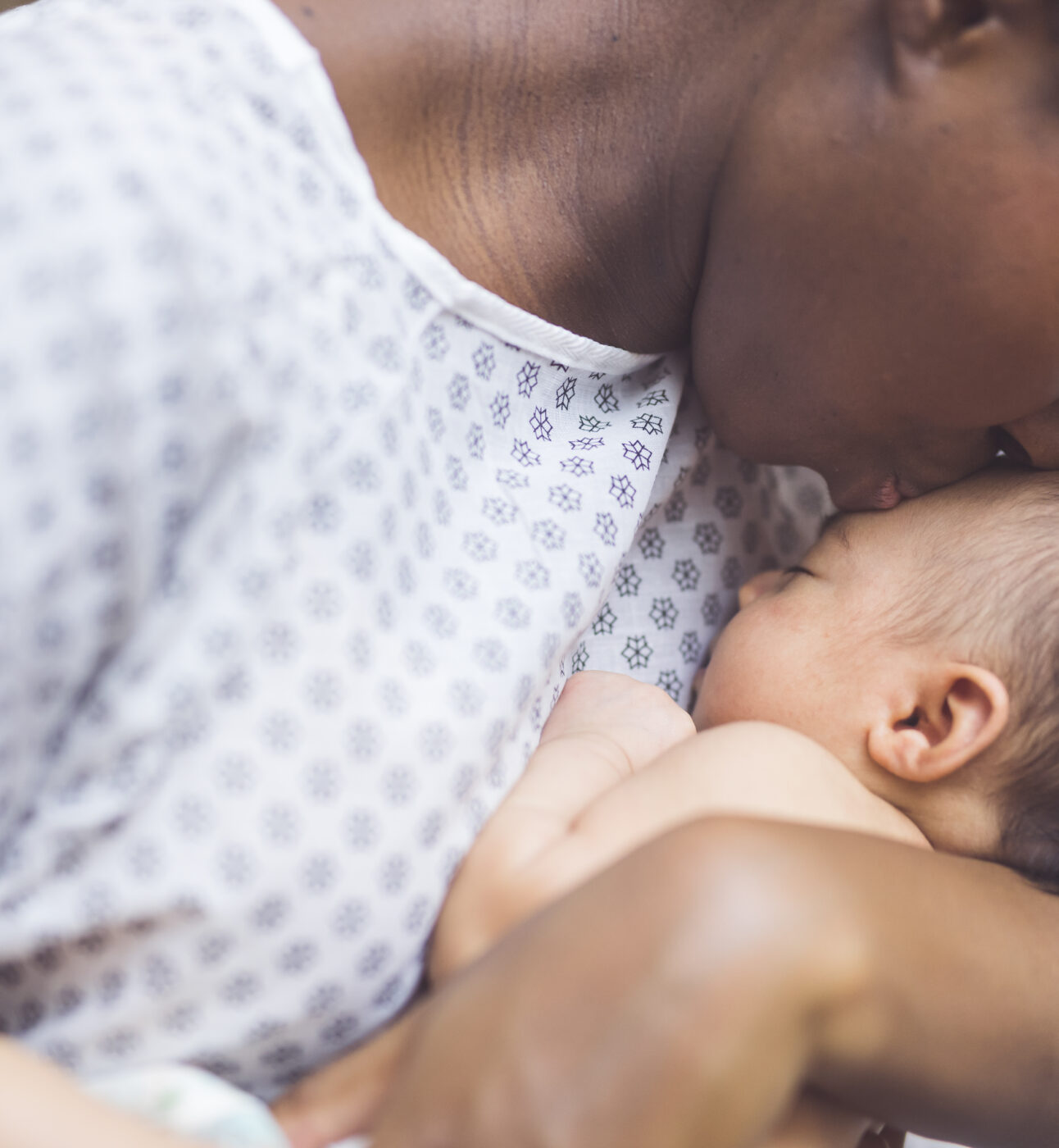
On Tuesday 29 April, Bell Ribeiro-Addy MP secured a Westminster Hall debate on Black Maternal Health Awareness Week.
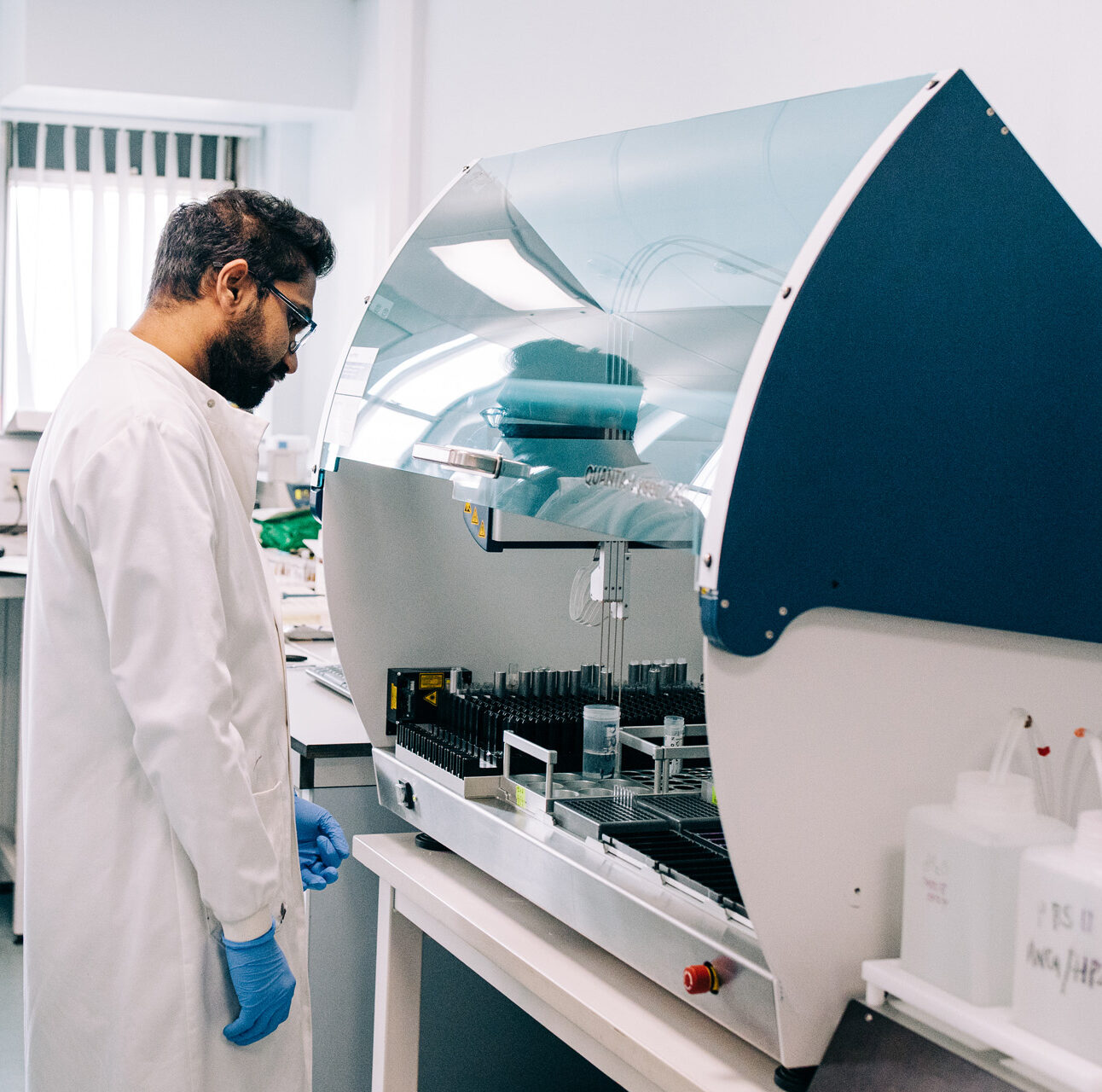
In a unique pairing, the NHS Race and Health Observatory has announced the signing of a landmark agreement with the National Institute for Health and Care Excellence (NICE) to tackle persistent and systemic ethnic health inequalities.